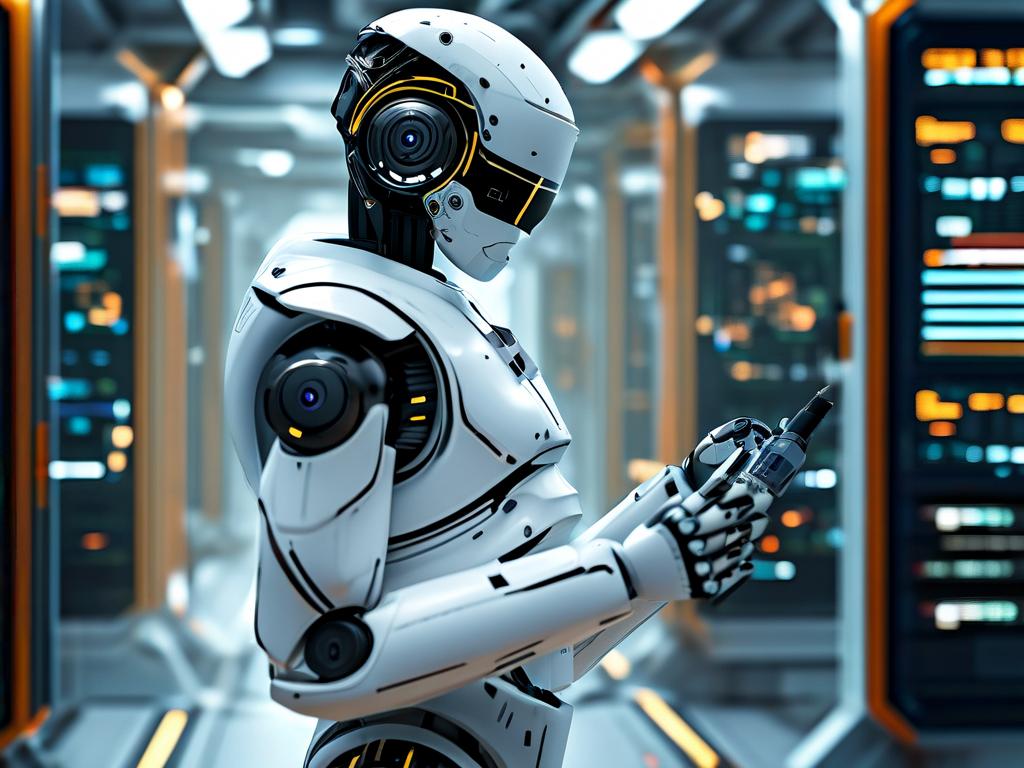Robotics technology is rapidly transforming industries worldwide, creating a wealth of employment opportunities for graduates. As a field that blends mechanical engineering, computer science, and artificial intelligence, it offers diverse career paths that cater to various interests and skills. For those fresh out of university, navigating these options can be both exciting and overwhelming. This article explores key directions for robotics graduates, emphasizing real-world applications and growth potential while highlighting the need for continuous skill development in this dynamic sector.

One prominent avenue is industrial automation, where graduates design and maintain robotic systems for manufacturing plants. Companies like automotive giants use robots for assembly lines, improving efficiency and reducing human error. Graduates might work as automation engineers, focusing on programming robotic arms or integrating AI for predictive maintenance. This sector demands strong technical skills in coding languages like Python or C++, and it often provides stable roles with opportunities for advancement into management. Another growing area is healthcare robotics, involving the creation of surgical assistants or rehabilitation devices. For instance, graduates could join medical device firms developing robots that assist in minimally invasive surgeries, requiring knowledge of biomechanics and ethical considerations. This field not only offers rewarding careers but also addresses global health challenges, such as aging populations and accessibility issues.
Service robotics presents another dynamic path, covering roles in hospitality, retail, and domestic settings. Graduates might innovate in companies building robots for customer service, like those used in hotels or warehouses. Skills in user interface design and machine learning are crucial here, as these robots interact directly with people. Additionally, research and development roles, whether in corporate labs or academic institutions, allow graduates to push boundaries in AI-driven robotics. They might contribute to projects like autonomous drones or social robots, often involving collaborative work and patent development. Entrepreneurship is also a viable route, with many graduates launching startups to solve niche problems, such as agricultural robots for sustainable farming. This requires not only technical expertise but also business acumen, supported by incubators and funding opportunities.
To thrive in these careers, graduates should hone interdisciplinary skills, including data analysis and ethical AI practices, as the field evolves with trends like increased AI integration. Overall, the future for robotics graduates is bright, with global demand surging; however, staying adaptable through ongoing education is key to long-term success.



